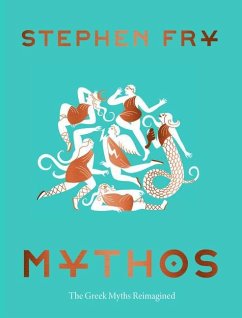
'Bis dat, qui cito dat'
'Gegengabe' in Paremiology, Folklore, Language, and Literature - Honoring Wolfgang Mieder on His Seventieth Birthday
Herausgegeben: Grandl, Christian; McKenna, Kevin J.;Mitarbeit: Piirainen, Elisabeth; Nolte, Andreas
Versandkostenfrei!
Versandfertig in 6-10 Tagen
154,95 €
inkl. MwSt.

PAYBACK Punkte
0 °P sammeln!
Bis dat, qui cito dat - never has a proverb more aptly applied to an individual than does this Medieval Latin saying to Wolfgang Mieder. «He gives twice who gives quickly» captures the essence of his entire career, his professional as well as personal life. As a Gegengabe, this international festschrift honors Wolfgang Mieder on the occasion of his seventieth birthday for his contributions to world scholarship and his kindness, generosity, and philanthropy. Seventy-one friends and colleagues from around the world have contributed sixty-six essays in six languages to this volume, representati...
Bis dat, qui cito dat - never has a proverb more aptly applied to an individual than does this Medieval Latin saying to Wolfgang Mieder. «He gives twice who gives quickly» captures the essence of his entire career, his professional as well as personal life. As a Gegengabe, this international festschrift honors Wolfgang Mieder on the occasion of his seventieth birthday for his contributions to world scholarship and his kindness, generosity, and philanthropy. Seventy-one friends and colleagues from around the world have contributed sixty-six essays in six languages to this volume, representative of the scope and breadth of his impressive scholarship in paremiology, folklore, language, and literature. This gift in return provides new insights from acknowledged experts from various fields of research.














